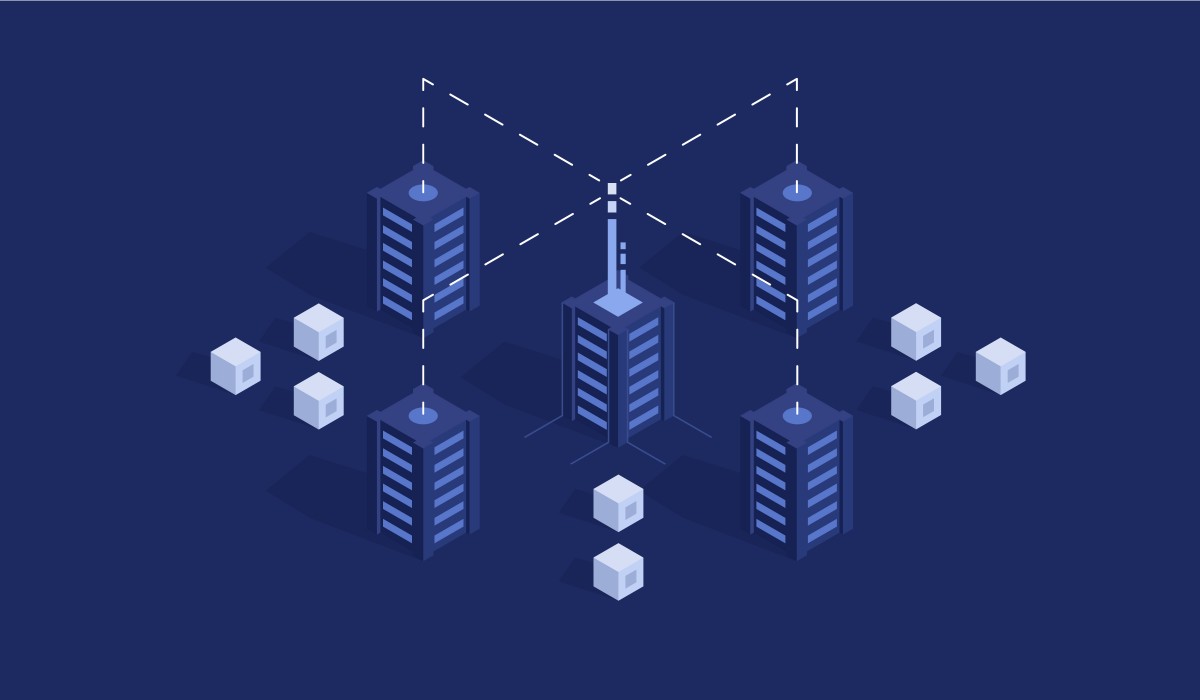The Jenkins project, comprised of a community of practitioners using Jenkins, has published results from its fifth annual DevOps and Jenkins Community Survey, sponsored by CloudBees. With five years of research and more than 5,000 historical survey respondents, the results reveal key trends among the Jenkins community, including the technology environments they use, practices they are adopting and DevOps maturity levels within organizations.
The results this year continue to show an increase of Jenkins usage within organizations, with 36% of respondents having more than 50+ projects in their organization using Jenkins. The importance of continuous delivery (CD) in DevOps is still a key trend. In fact, 67% of this year’s 1,076 survey respondents stated they are practicing DevOps and 50% are practicing CD. Both of these stats are up strongly over 2017 at 47% and 38%, respectively. While CD adoption is increasing, respondents are still struggling to scale the practices organization-wide, with only 18% responding that they practice CD across the entire organization, a small improvement over the 12% responding to the same question last year. However, CD adoption numbers are greater this year for those using CD in one to a few workgroups at 35%, versus 25% in the 2017 survey.
Notable statistics from users responding to the DevOps and Jenkins Community Survey include:
- Cloud adoption has grown significantly. This year, fully 78% are hosting Jenkins on some form of cloud. Last year, only 62% indicated the use of cloud for hosting Jenkins.
- 67% stated they actively work at an organization that practices DevOps; an increase from last year’s 47%.
- 87% of those surveyed that are practicing CD use Jenkins Pipeline to define software delivery pipelines. Metrics tracked by the community support this strong adoption, showing an increase of 308% in the number of pipeline jobs defined from the period October 31, 2017 - October 31, 2018. In total, as of October 31, 2018, there were 4,645,982 Jenkins Pipeline jobs defined.
- 65% are using container technology, with Kubernetes usage growing 235% versus the 2017 survey results.
- The gap still needs to be closed between software delivery, security and governance. 95% of survey takers are automating build activities, but just 23% automate security and only 18% do anything to automate governance. However, 51% have the security team involved during development.
- 34% do not track or capture metrics for their delivery process/pipeline.
Jenkins users shared insights on Jenkins -- their environment, how they use Jenkins today and what they’d like to see in the future. In 2018, 95% of survey respondents said they use Jenkins for build tasks and 88% for testing. However, 39% also used Jenkins for operations tasks, as compared to 30% in the 2017 survey. The increase points to Jenkins usage continuing to extend further right in the software delivery process, into the operations domain. Additionally, in 2018, 68% are using Jenkins for deployment activities, as compared to 62% in 2017, showing that automation with Jenkins is extending all the way to production.
Respondents also shared insights into where they are hosting Jenkins. This year 78% of respondents are hosting Jenkins on a cloud. Cloud adoption has increased overall, from 62% in 2017 to 78% this year. AWS leads the pack this year, with 39% indicating they were using it to host Jenkins, versus 25% in 2017. Next is Microsoft Azure at 13%, showing strong uptake from 5% last year. Microsoft Azure has overtaken Google Cloud Platform amongst survey takers; Google Cloud Platform had been in second place at 30% last year, but fell to 7% this year. Cloud usage by survey takers was as follows: 17% are using a hybrid cloud strategy, 22% are running on a public cloud and 34% are using a private cloud.
Finally, respondents shared data on the ways they leverage container technology. In this year’s survey, 65% of respondents stated they are using container technology. Docker usage grew this year, with 79% of respondents saying they are using Docker and 47% using Kubernetes; that compares with 65% and 20% last year, respectively. Of those responding to the survey, 38% use containers in both development and test activities and 33% use containers from development all the way through to production.
“The 2018 DevOps and Jenkins Community Survey results indicate the growth and evolution of the community as well as the expanded use of Jenkins within organizations implementing continuous delivery and DevOps,” said Kohsuke Kawaguchi, Jenkins founder and CTO at CloudBees. “The data also shows key trends within our community and how it will impact the future of Jenkins. As an ever-increasing number of teams practice DevOps, we are seeing them naturally turn to Jenkins for continuous delivery.”




